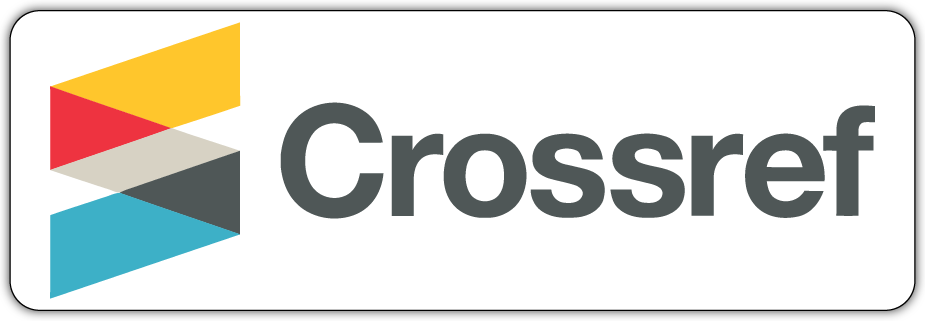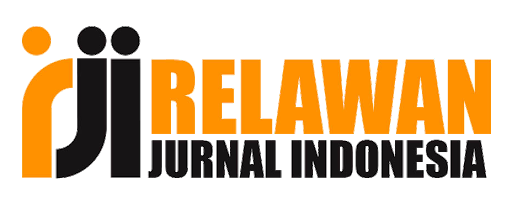PENDIDIKAN AGAMA ISLAM UNTUK SISWA DIFABEL: KAJIAN TEORITIS DAN PRAKTIS TENTANG PENDEKATAN INKLUSIF
DOI:
https://doi.org/10.58822/tbq.v8i2.230Keywords:
Islamic Religious Education, Students with Disabilities, Inclusive Education, Curriculum Adaptation, Teacher TrainingAbstract
Islamic Religious Education (PAI) has a central role in shaping the character and Islamic values of students, including students with disabilities. This study aims to examine the theoretical and practical approaches in the implementation of inclusive PAI for students with disabilities. The research method used is a literature review, by analyzing books, scientific journals, and the latest education policies. The results showed that the success of inclusive PAI requires curriculum adaptation, teacher training, and provision of facilities that support the needs of students with disabilities. Recommendations include strengthening teachers' competencies through training, developing a flexible curriculum, and implementing collaborative learning methods. This study contributes to the development of religious education that is equitable and relevant to the needs of all students.
References
Ainscow, M. (2020). Inclusion and Equity in Education.
Neneng Nurhasanah, Ajat Rukajat, & Zaenal Arifin. (2021). IMPLEMENTASI PEMBELAJARAN PENDIDIKAN AGAMA ISLAM PADA ANAK BERKEBUTUHAN KHUSUS (DIFABEL) PADA MASA PANDEMI COVID-19. Jurnal Pendidikan Dan Pengajaran Guru Sekolah Dasar, 4(3).
Suparno. (2019). Pendidikan Inklusif: Teori dan Praktik di Sekolah. Grasindo.
Zahroh, H. (2023). Inovasi Pendidikan Islam dalam Konteks Pendidikan Inklusif. Jurnal Pendidikan Islam Modern, 12(1).
Downloads
Published
How to Cite
Issue
Section
License
Copyright (c) 2024 Ulfa Yanti

This work is licensed under a Creative Commons Attribution-NonCommercial-ShareAlike 4.0 International License.
Sekolah Tinggi Ilmu Tarbiyah Al-Bukhary Labuhanbatu by Tarbiyah bil Qalam is licensed under Creative Commons Attribution-NonCommercial-ShareAlike 4.0 International





















